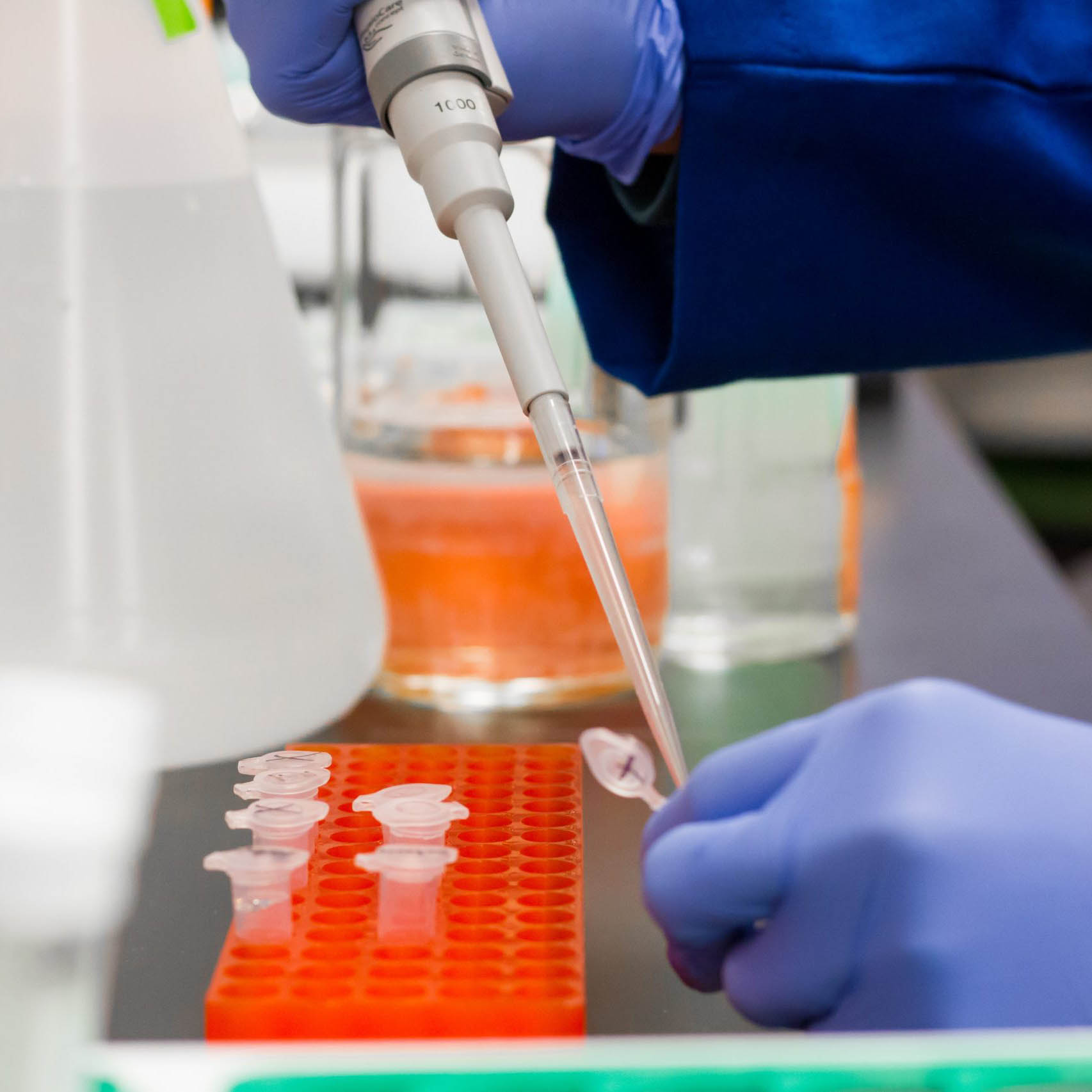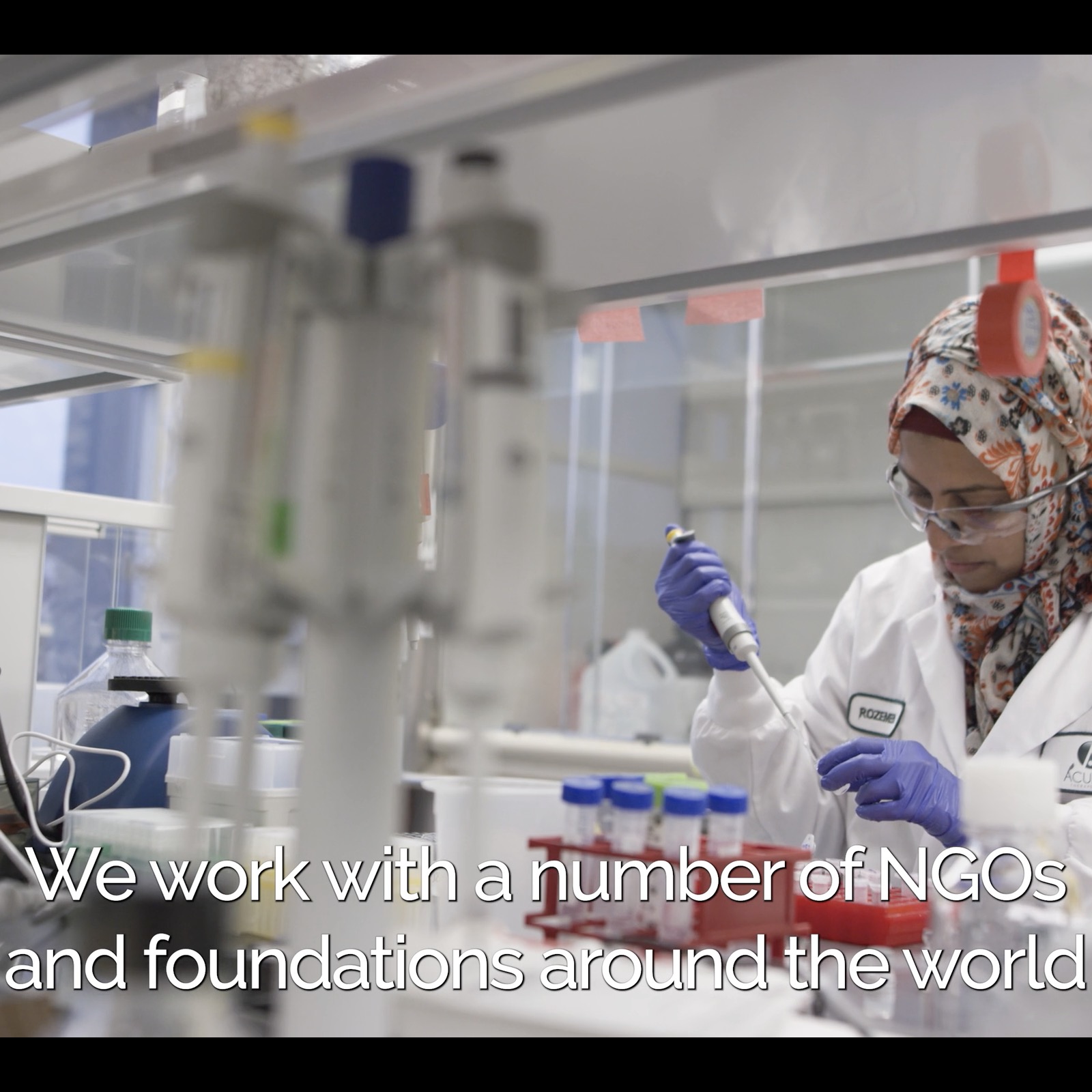
mRNA Vaccines
We’ve been receiving positive feedback on our blog posts. In fact, a teacher friend of one of our team members said that some of our information helped her to map out some course work that focused on vaccines, especially around COVID-19. That is always good to hear.
Today, we are going to dig in a little deeper about how mRNA vaccines work.
You see, all living organisms, including humans and viruses, make proteins. Proteins are the workhorses that carry out all of the tasks needed by that organism. The “blueprints” for these proteins are in our genes (DNA), but this information needs to be converted into a message that tells the body to make a particular protein. This message is called messenger ribonucleic acid (mRNA). An mRNA for a virus will tell the body to make a viral protein.
Scientists can make a synthetic mRNA that provides the body with the information to make any protein that is needed.
Therapeutic mRNA is being developed as a new class of biological drug. It can address a wide range of different diseases, as described below.
Vaccines – Messenger RNA can be used to express a viral protein(s) and elicit a strong protective immune response. Multiple mRNA vaccines, including COVID-19 vaccines, are in clinical development with our partners.
Monoclonal Antibodies – Recombinant monoclonal antibodies are widely used in medicine. The manufacturing of these complex proteins, however, is very difficult and expensive – and it takes a long time to develop new monoclonals for patients. By using mRNA, new monoclonal antibodies can be rapidly designed. When the therapeutic mRNA is administered to patients, they then synthesize the antibody within their own cells. This allows a new monoclonal antibody to be more rapidly and safely developed.
Genetic Disease – Many genetic diseases are the result of a key protein not being correctly coded on the DNA, resulting in the protein not being made or being defective. Examples include haemophilia which results from a lack of certain clotting factors in the blood, and cystic fibrosis where patients do not have a functional transmembrane conductance regulator in their lung cells. Expression of a therapeutic mRNA to provide a functional copy of the missing or defective protein has the potential to correct the genetic disorder.
Gene Editing – Rather than providing an mRNA therapeutic that encodes the protein missing in patients with a genetic disease, another approach is to correct the underlying problem by editing the patient’s DNA. In this approach, mRNA is used to express an enzyme which targets and corrects the defective gene.
Although therapeutic mRNA has the potential to address a wide range of diseases, these biological drugs are very easily degraded in the body and are also large polar molecules which are not able to enter cells by themselves. They therefore require a carrier to protect them after administration into the body and to allow delivery to the cell cytoplasm where they can then be translated into the corresponding therapeutic protein. Acuitas Therapeutics has developed lipid nanoparticle (LNP) systems that can protect mRNA and very efficiently deliver these drugs to where they are needed in the body. In both preclinical and clinical studies, Acuitas LNPs have been shown to be safe and effective.
Currently, the COVID-19 vaccines being developed by our partners, using the Acuitas Therapeutics proprietary delivery technology, are in clinical studies. When there is data to release from those studies, we will share it here.




